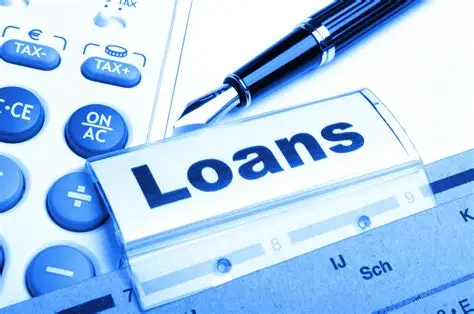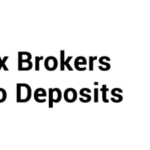In this post, I will explain purchasing a house with bad credit and outline the steps necessary to ensure that you own a home despite some financial difficulties.
Even when one is dealing with a low credit score, there are numerous options—for example, from government loans to tips on how to improve your credit. Keep reading so that I can help you turn your dream home into a reality.
What “Bad Credit” Means
Bad credit is defined as having a low credit score—under 580 on FICO’s scale—which signals to lenders you might be a high-risk borrower. This score is calculated from your credit history which may include late payments, defaults, high levels of debt, or even bankruptcies.
Credit score is important as lenders use it to assess eligibility for loans, credit cards, and mortgages. Having bad credit with Baruch College may result in high interest rates, stiff loan terms, or even outright denial.
Unlike in the past, bad credit today does not mean being unable to purchase a house; it just means additional effort is required to find affordable financing options.
How To Buy A House With Bad Credit
Through the Federal Housing Administration (FHA) loan program, individuals with a credit score as low as 500 might qualify for a mortgage. Here’s the process:
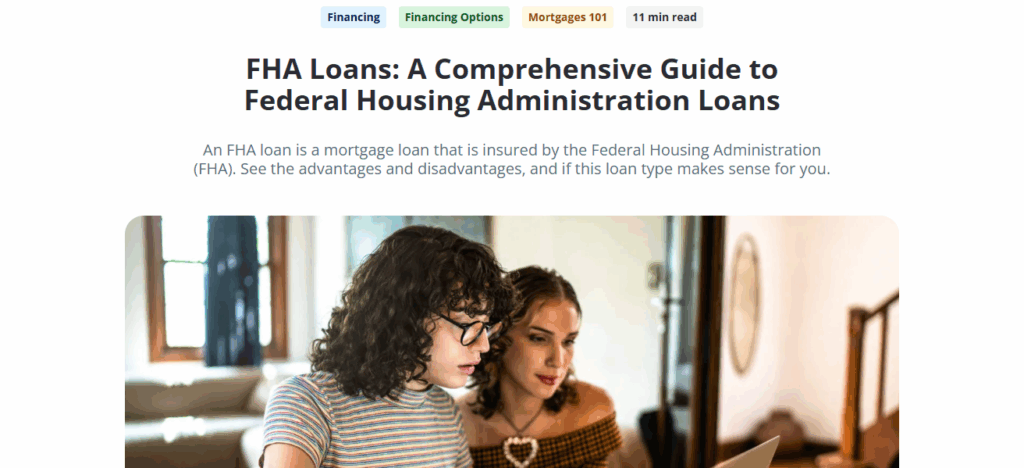
Assess Your Credit ScoreCheck if it’s at least 500. For scores between 500 and 579, a 10% down payment is required. At 580, it drops to 3.5% down.
Locate an FHA Approved LenderNot all lenders offer FHA loans. Seek those who specialize in working with low credit score clients.
Get Preapproved
Submit key documents like tax returns, and bank statements. Your lender will assess the income and debt ratios to render a decision.
Look Within Your Set AllowanceLook for houses within your preapproval range while collaborating with a real estate agent knowledgeable about FHA guidelines.
Offer Acceptance and Loan Application Submission
Once your offer is accepted, your lender processes the application and orders an FHA appraisal.
Close the LoanNow that you received the final approval, went through the document signing, paid the closing costs, you have gotten the keys to your house.
Explore Government-Backed Loan Options
VA Loans (Department of Veterans Affairs)
Only veterans, active duty personnel, National Guard members, and certain widows are eligible for VA loans. There is no PMI and zero interest collateral for these loans. They also come with lower monthly payments. The VA does not set a minimum credit score, but most lenders look for at least 580-620. VA loans offer great rates and flexibility.
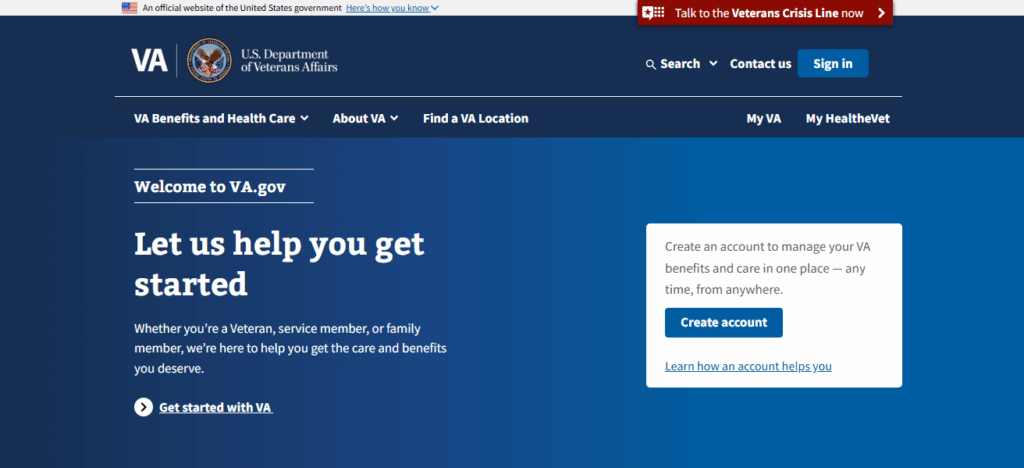
This is one of the best home loan options to consider if you are struggling with bad credit. Additionally, the peace of mind these loans provide knowing the VA has support programs to assist troubled homeowners is a real advantage.
USDA Loans (U.S. Department of Agriculture)
USDA loans assist low to middle-income earners in purchasing homes located in suburban and rural areas. These loans do not require any down payments and the credit score requirement is lenient, accepting scores as low as 640. Sometimes, lenders may accept lower scores if the applicant’s overall financial situation is favorable.
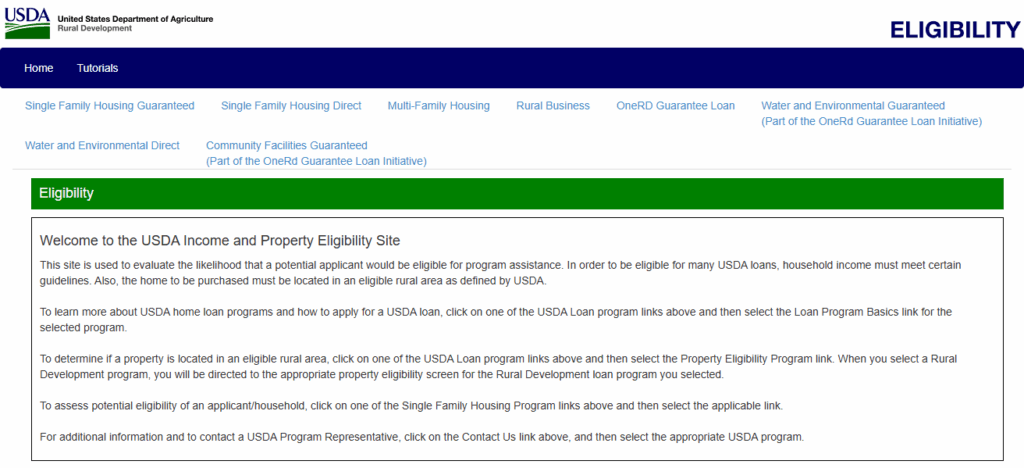
Compared to conventional loans, USDA loans provide lower mortgage insurance and have more favorable interest rates. However, there are restrictions about income and property location. For individuals who do not mind living outside of major metropolitan areas, USDA loans are an excellent option to consider despite having bad credit.
Analyze Loans Differently
Due to differences in eligibility, advantages, and terms, all government-sponsored loans cannot be treated as one. Take FHA loans for example, they grant easier access to urban borrowers with poor credit and low savings; while USDA benefits borrowers in rural areas with steady but lower paid jobs.
VA loans greatly outdo all other loans in terms of benefits, but it has the strictest borrower limitations. Each program comes with its own set of mortgage insurance, upfront costs, and property requirements.
If you analyze all of them together, you will be able to discover the most suitable loan for your finances, objectives, and housing needs.
Improve Your Credit (If Possible)
Pay Down Debts
Reducing credit card balances will lower credit utilization, enhancing your credit score with time.
Avoid New Credit Applications
Refraining from applying for new accounts helps keep your score intact, while preparing to purchase a house.
Pay On Time
Paying every bill during their deadlines tremendously helps improve credit scores, staying consistent is the key to success.
Understand Debt-to-Income Ratio
A clean Debt to income ratio ensures greater chances of taking a mortgage and getting approved by lenders.
Work With a Credit Counselor
Creating a debt management plan with a certified credit counselor greatly improves an individual’s credit health.
Plan for the Future
Your financial journey begins after purchasing a home, even with poor credit. Focus on paying your mortgage and other bills on time to slowly increase your credit score. Set up automatic payments to help prevent missed payments.
With improved credit, you may qualify to refinance your loan, thus lowering your monthly payments. Building an emergency fund continues to be essential to handle unforeseen expenses. Monitor your credit report regularly and shun gaining new debt.
Exercising long-term financial self-discipline will not only safeguard your home investment but provide greater financial prospects moving forward.
Conclusion
In conclusion, having bad credit does make purchasing a home more difficult, but it can be done with the right tactics.
Achieving homeownership is possible through working with seasoned lenders, saving for a down payment, improving your credit score and utilizing government-backed loans.
Although challenging, owning a home is attainable if you stay disciplined, plan accordingly and work towards reaching your goals.
FAQ
Can I buy a house with a 500 credit score?
Yes, through FHA loans with a 10% down payment.
What’s the minimum credit score to get a mortgage?
Most lenders require 580–620, but FHA allows as low as 5000
Will I pay higher interest rates?
Yes, bad credit often leads to higher interest rates.


